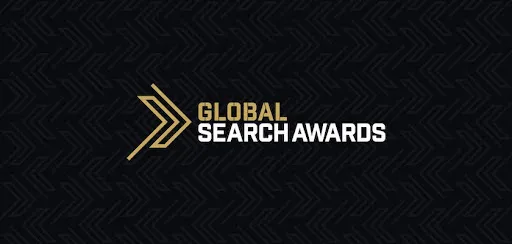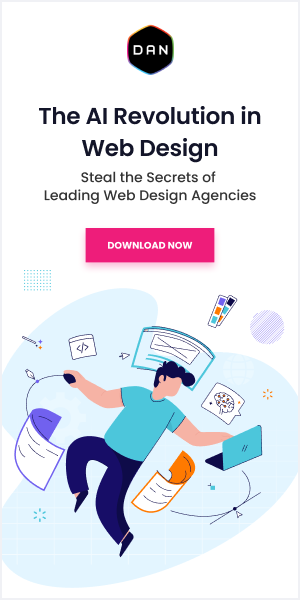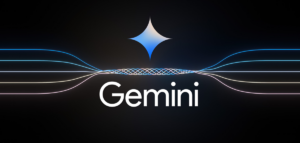
AI News of January 2024
The first days of the new year have already been a whirlwind for artificial intelligence. From groundbreaking findings to landmark legal rulings, the news cycle has been buzzing with advancements that promise to “reshape our future” via AI.
Let’s discover some of the hottest headlines about “the great” artificial intelligence:
OpenAI Q*: Hype or Hope? Rumors Swirl Around Potential GPT-5 Successor
The whispers about OpenAI’s Q* project are sparking excitement and speculation at the same time about the future of AI.
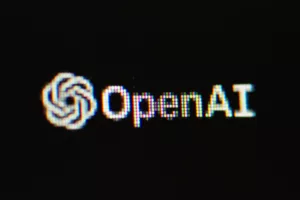
As you may know, OpenAI’s Q* is a rumored project aiming to greatly advance AI capabilities, even achieving artificial general intelligence (AGI). What’s more, rumors hint that Q* will excel at logical and mathematical reasoning, possibly surpassing the abilities of current AI models.
Even though the existence of Q* hasn’t been officially confirmed by OpenAI, rumors are alleged from internal documents. And, of course, this lack of official information fuels speculation.
Currently, we only have information about the capabilities of Q*. According to certain internet sources, the rumored project can solve several mathematical problems at a grade-school level. This has led to skepticism about the actual significance of Q*’s advancements.
While details remain shrouded in secrecy, one thing’s for sure: the race to AGI is heating up.
The Copyright Conundrum Extends Far Beyond Just Visual Art
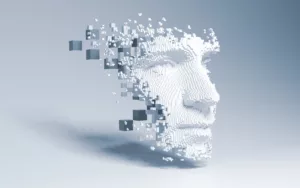
As you may remember, the copyright Conundrum threw some fuel on the fire back in December 2023 and it remains to be one of the hottest topics in the AI realm.
The Chinese court’s judgment to award copyright protection to an AI-generated image has ignited a debate about intellectual property rights in the modern world. A Chinese artist, Zhezhen Yin, sued Shenzhen Tencent Computer Systems Company for copyright violation after their platform used an AI-generated image similar to his “own” work. The court ruled in Yin’s favor, recognizing the “originality” of his AI-assisted work and awarding him damages. And yes, this landmark case is just the tip of the iceberg in a complex legal landscape.
Now, legislators & courts are grappling with how to adapt existing copyright laws to the realities of AI-generated content. So much so that, in the US, the Copyright Office is preparing to register a copyright for an AI-generated artwork, potentially setting another precedent. Similarly, the EU’s new AI Act highlights the importance of transparency plus fairness in AI systems, which could impact AI-generated content.
The debate over AI and copyright is sure to continue, with implications for the future of creativity, innovation, and the very definition of authorship in the digital age.
Google’s AI Rockets into the Future with GNoME
Google’s GNoME AI is rewriting the future of materials science.
Google’s groundbreaking tool has mined 2.2 million new materials in just a year (2023), catapulting us 800 years ahead in the field. Imagine lighter, stronger, and more efficient materials for everything from airplanes to solar panels. The possibilities are mind-boggling.
So, can we say that the most popular materials-exploration AI has pulled off a real-life “Star Trek” moment?
The AI May Benefit Amazon and Meta Rather Than Alphabet, Experts Say

According to a research note by Josh Beck, an analyst at Raymond James, while all three tech giants are investing heavily in AI, Amazon, and Meta might have an advantage due to their current infrastructure and user base.
As all we know, Amazon has already implemented AI in its own operations, including logistics, product recommendations, and advertising. This deep integration puts them ahead in adopting and optimizing AI solutions, fostering further innovation.
On the other hand, the other giant, Meta possesses a vast amount of user data from its platforms like Facebook and Instagram. This data is crucial for training AI models, particularly in areas like personalization & interaction.
What’s more, The Raymond James analyst also cited that Google’s core search business (Alphabet) might be disrupted by generative AI; requiring significant changes and cost increases to maintain its dominant position.















